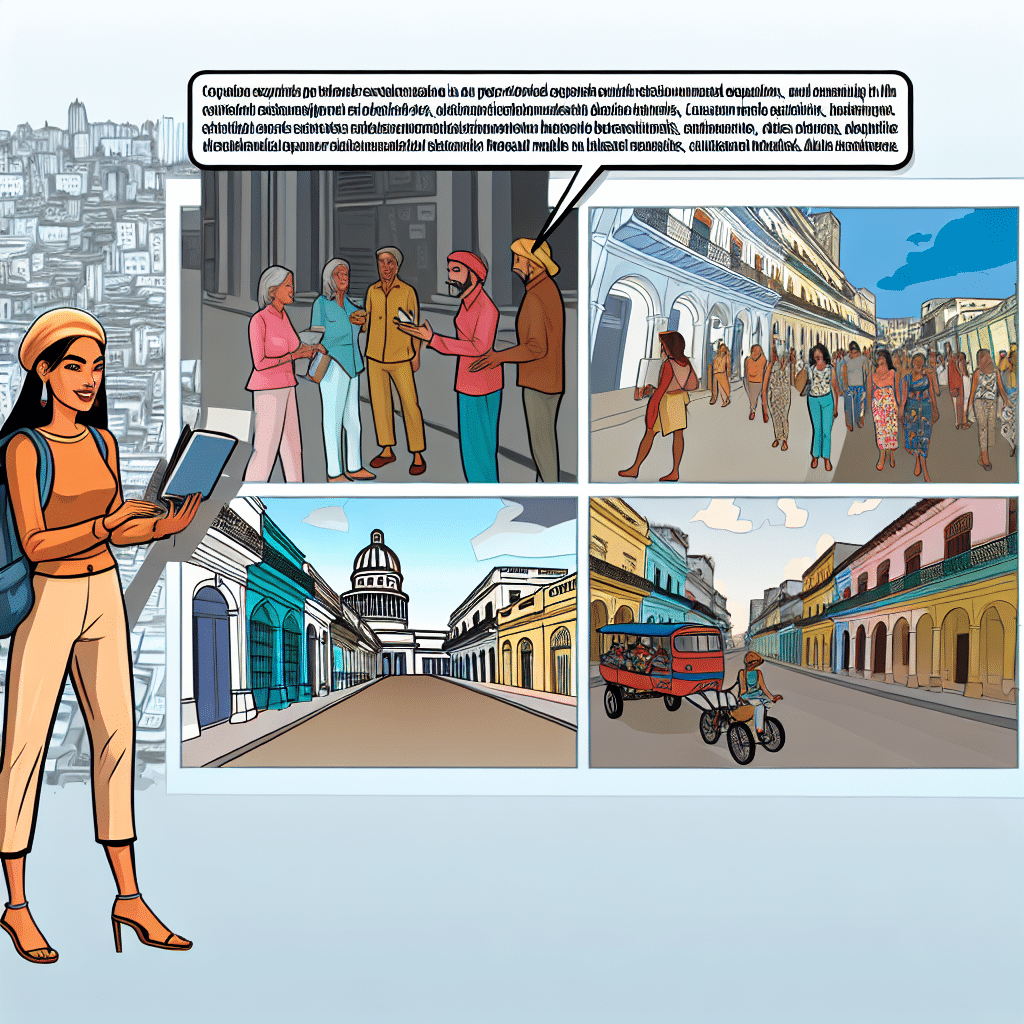For decades, the question of whether U.S. citizens can travel to Cuba has sparked curiosity and confusion. This stunning Caribbean island is famous for its vibrant culture, historic cities, and beautiful landscapes. However, due to complex political relations and legal restrictions, traveling to Cuba requires careful planning. This article will break down the key considerations and guidelines for Americans eager to explore this enigmatic neighbor.
Is It Legal for Americans to Visit Cuba?
Understanding Travel Restrictions
The United States has imposed various travel restrictions to Cuba since the early 1960s due to the strained political relationship between the two countries. The most recent regulations stem from the Trump administration, which tightened the rules previously relaxed by the Obama administration. While these rules are in flux, it is essential to understand that traveling to Cuba is still possible for U.S. citizens, albeit under specific conditions.
The U.S. Department of the Treasury’s Office of Foreign Assets Control (OFAC) allows travel under 12 authorized categories. These categories include family visits, journalistic activity, professional research, educational activities, religious activities, public performances, humanitarian projects, and support for the Cuban people, among others. Purely tourist travel remains prohibited.
Travel Categories Americans Can Use
People-to-People Educational Travel
One of the most common ways U.S. citizens travel to Cuba is through “people-to-people” educational programs. These trips must involve a full-time schedule of activities that result in meaningful interactions with Cuban residents. Travelers must maintain detailed records of their itinerary and interactions for at least five years, as they might be required to present proof of compliance.
Support for the Cuban People
Another popular category is “Support for the Cuban People,” which involves activities that promote independent activity or strengthen civil society in Cuba. This could include staying at privately owned accommodations (casas particulares), dining at privately owned restaurants (paladares), or engaging in cultural exchanges that support local artists and craftsmen. It is crucial to avoid government-owned establishments, as these are generally off-limits to Americans.
How to Plan a Trip to Cuba
Booking Flights
Direct commercial flights from the United States to Cuba are available, primarily departing from Miami, Fort Lauderdale, and New York. Travelers are required to declare the purpose of their visit under one of the 12 OFAC categories when booking their flights. It is advisable to check frequently for updates, as airline routes and regulations may change.
Accommodations: Where to Stay
When it comes to lodging, staying in privately owned casas particulares is a popular and legal option. These bed-and-breakfast-style accommodations offer a more intimate and authentic Cuban experience. Visitors can book these through various online platforms tailored to the Cuban market. Staying in government-operated hotels is generally discouraged, and travelers should research thoroughly to ensure compliance with U.S. regulations.
Currency and Spending
Cuba operates on two currencies: the Cuban Peso (CUP) and the Cuban Convertible Peso (CUC). However, as of January 2021, the CUC has been phased out, and most transactions are now conducted in CUP. U.S. credit and debit cards generally do not work in Cuba, so it’s essential to bring sufficient cash and convert it upon arrival. Euros or Canadian dollars are preferable for conversion, as they offer better exchange rates than U.S. dollars.
Important Considerations and Tips
Healthcare and Insurance
Healthcare in Cuba is accessible for travelers, but travel insurance that includes medical coverage is mandatory. Several insurance providers in the United States offer policies that meet Cuban requirements. It is crucial to carry proof of insurance, as it may be checked upon arrival.
Internet and Communication
Internet access in Cuba is limited and significantly slower than in the United States. Most hotels offer Wi-Fi, but it can be expensive and unreliable. Visitors can also purchase Wi-Fi cards (tarjetas de internet) to access the internet in designated public areas. Staying connected might be challenging, so plan accordingly.
Local Laws and Customs
Cuba has strict laws and customs that visitors must respect. For instance, it is illegal to take pictures of military or police institutions. It’s also essential to remain respectful of the Cuban culture and people. Learning a few basic Spanish phrases can go a long way in enhancing the travel experience.
Final Thoughts: Can U.S. Citizens Travel to Cuba?
In summary, while U.S. citizens can travel to Cuba, it requires navigating a labyrinth of regulations and restrictions. Americans must clearly understand and comply with one of the 12 authorized categories for travel, plan carefully, and remain respectful of local laws and customs. With thorough preparation and an open mind, U.S. travelers can enjoy a rich and rewarding experience in a country that remains one of the most captivating and culturally vibrant destinations in the Caribbean.
By following the guidelines and staying informed about changing regulations, the answer to “Can U.S. citizens travel to Cuba?” remains a nuanced but achievable “Yes.”




